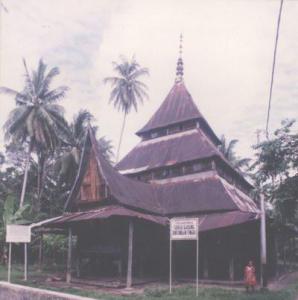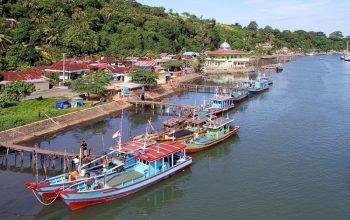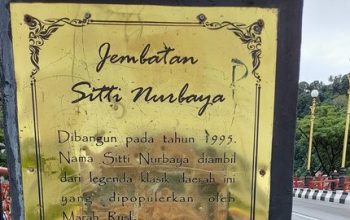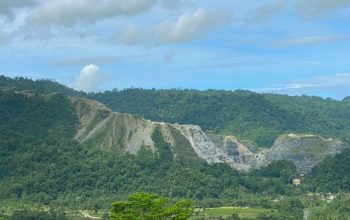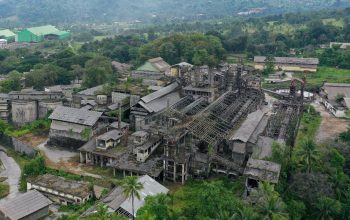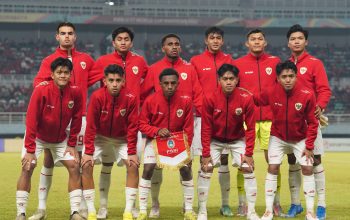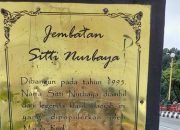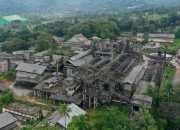The surau holds a central place in the social and cultural life of the Minangkabau people of West Sumatra, Indonesia. Beyond being a place of worship, the surau functions as an educational and community center, playing a pivotal role in maintaining the Minangkabau traditions and Islamic teachings.
Historical Background
Historically, the surau has been more than just a mosque for the Minangkabau people. It has served as a religious school (madrasah) where young boys and men receive religious education, learn to recite the Quran, and study the basics of Islam. This tradition of learning and community gathering can be traced back to the early days of Islam’s arrival in the region.
Social and Cultural Functions
Education Center: In Minangkabau society, the surau has traditionally been the primary place for religious and sometimes secular education. Boys would stay at the surau, sometimes for several years, to receive comprehensive religious instruction from local religious leaders.
Community Gathering Place: The surau also functions as a communal space where various social activities occur. It serves as a venue for discussions, communal meals, and decision-making processes within the village. Elders and leaders often gather in the surau to deliberate on important matters affecting the community.
Preservation of Traditions: Minangkabau customs and traditions are deeply intertwined with Islamic teachings, and the surau plays a crucial role in preserving and transmitting these traditions. Rituals, ceremonies, and traditional events are often centered around the surau, ensuring that cultural practices are upheld and passed down through generations.
Support System: The surau provides a support system for the community, especially in rural areas. It acts as a place of refuge and comfort in times of need, offering spiritual guidance and practical help to those facing difficulties.
Contemporary Role
While the traditional role of the surau remains significant, its functions have evolved over time. Modern suraus continue to be important religious and cultural centers, but they now also engage with contemporary issues such as social justice, community development, and educational advancements. Some suraus have incorporated modern educational programs, including computer literacy and vocational training, to better serve their communities.
Conclusion
The surau is a vital institution in Minangkabau society, embodying the integration of Islamic faith and cultural traditions. Its multifaceted role as a place of worship, education, community gathering, and cultural preservation highlights its importance in maintaining the social fabric of the Minangkabau people. As the community adapts to modern challenges, the surau remains a cornerstone of Minangkabau identity and cohesion.
